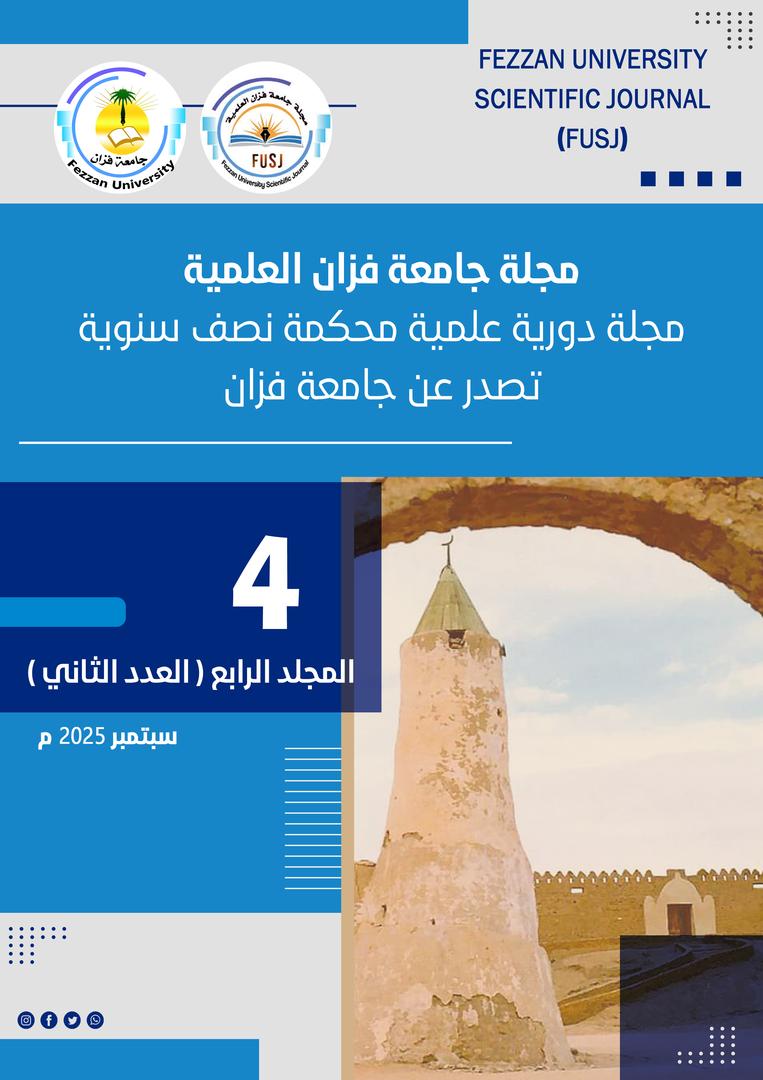دور إدارة المعرفة في تحسين الأداء المؤسسي دراسة ميدانية على عينة من العاملين بمصرف التجارة والتنمية الفرع الرئيسي – بنغازي
##plugins.themes.academic_pro.article.main##
الملخص
هدفت هذه الدراسة إلى بيان دور إدارة المعرفة في تحسين الأداء المؤسسي لدى العاملين بمصرف التجارة والتنمية الفرع الرئيسي – بنغازي، ولتحقيق أهداف الدراسة، تم استخدام المنهج الوصفي التحليلي، ثم قامت الباحثة بتطوير استبانة معتمدة على بعض من الدراسات السابقة المجازة، حيث تم التأكد من مصداقيتها ومعامل الثبات لها، وقد تكون مجتمع الدراسة من عينة من العاملين بمصرف التجارة والتنمية الفرع الرئيسي – بنغازي البالغ عددهم (39) عاملاً، ولتحديد حجم العينة المستهدفة تم الاعتماد على جدول (Krejcie and Morgan, 1970)؛ حيث تحدد حجمها بعدد (35) عاملاً، وتم اختيارهم بطريقة العينة العشوائية البسيطة، وتم توزيع عدد (35) استبانه على عينة الدراسة، استردت جميعها واستبعدت استبانة واحدة لعدم تحقيق الشروط المطلوبة للإجابة على هذه الاستبانات.
وفي ضوء ذلك جرى جمع وتحليل البيانات واختبار الفرضيات باستخدام البرنامج الاحصائي SPSS، وقد توصلت الدراسة إلى عدد من النتائج والتوصيات، ومن أبرزهذه النتائج: أن المستوي العام لإدارة المعرفة جاء مرتفعا جدا، كذلك المستوى العام للأداء المؤسسي جاء مرتفعا، وأظهرت الدراسة وجود دور ذو دلالة إحصائية لإدارة المعرفة إجمالا على الأداء المؤسسي بإدارة مصرف التجارة والتنمية الفرع الرئيسي – بنغازي، وأخيراً قدمت الدراسة مجموعة من التوصيات التي يؤمل اتباعها لتعزيز مستوى إدارة المعرفة والأداء المؤسسي بالمصرف قيد الدراسة.

